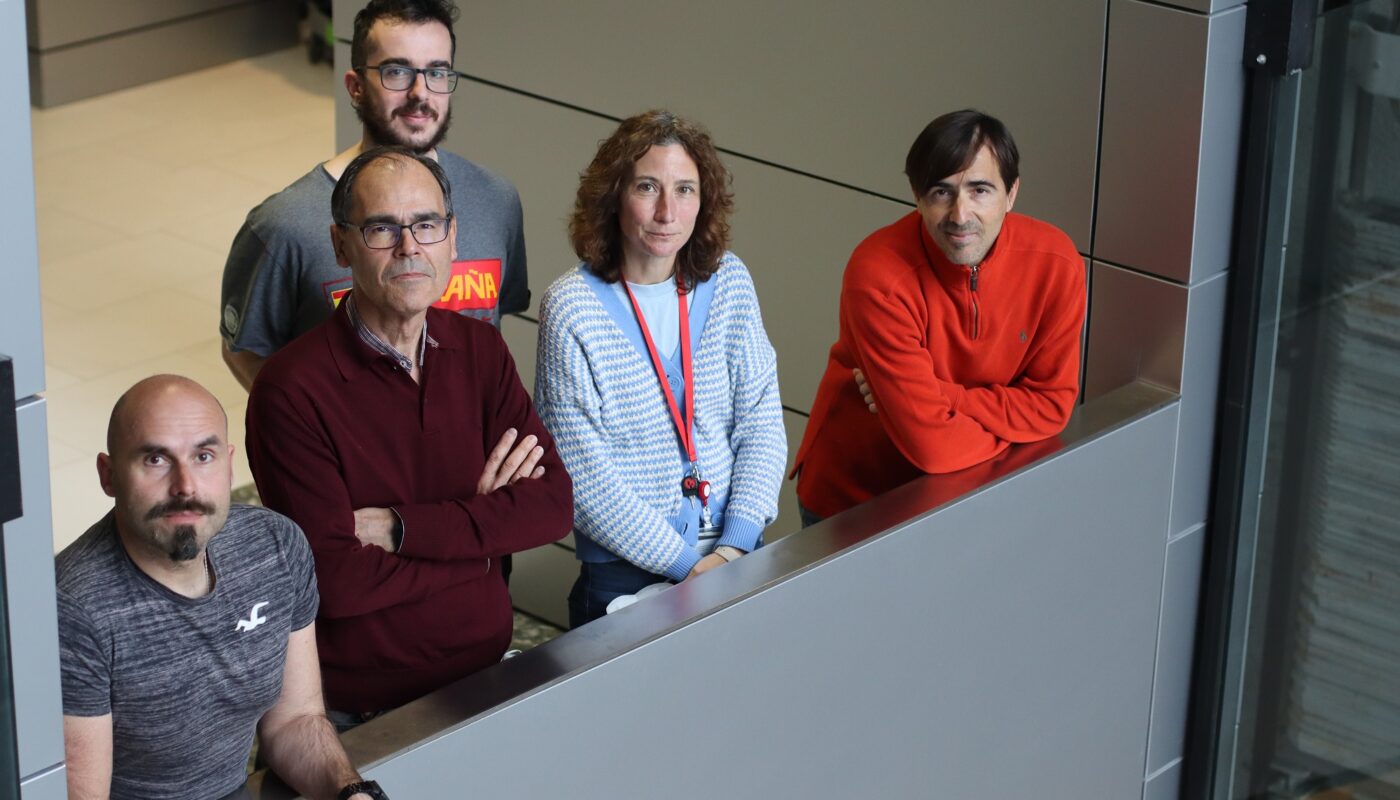In a recent study published in the journal Nature Cardiovascular Research, researchers from the University of Munich Hospital have discovered a new signaling pathway involved in the development of atherosclerosis, a chronic inflammatory disease of the inner walls of blood vessels. The study focused on dendritic cells, which play a crucial role in the disease by producing a signaling protein called CCL17.
CCL17 is a chemokine that influences the activity and mobility of T cells, which are responsible for identifying and attacking infected cells in the body. However, elevated levels of CCL17 have been linked to increased risk of atherosclerosis and other inflammatory diseases of the cardiovascular and digestive systems.
The researchers set out to determine how CCL17 produced by dendritic cells regulates the activity of T cells. Previous research had identified one signal receptor involved, but the new study revealed the existence of an alternative receptor with high affinity for CCL17, leading to the suppression of regulatory T cells.
In a mouse study, the researchers found that mice lacking the previously known receptor still developed the same extent of disease driven by CCL17. This indicated that there must be another signaling pathway involved. By targeting and inhibiting individual receptors in their experiments, the researchers were able to demonstrate the significance of this alternative pathway in the negative effects of CCL17.
The discovery of this new signaling pathway represents a major advancement in the understanding of inflammatory diseases, according to Dr. Christian Weber, Director of the Institute for Cardiovascular Prevention at the University of Munich Hospital and one of the lead authors of the study. He believes that this pathway could serve as an important target for therapeutic interventions in chronic inflammatory diseases.
Atherosclerosis is a leading cause of cardiovascular conditions, and understanding the underlying mechanisms is crucial for developing effective treatments. The identification of this new signaling pathway provides insights into the complex interactions between dendritic cells, T cells, and CCL17 in the development of atherosclerosis.
Further research is needed to fully understand the role of this pathway and its potential implications for therapeutic interventions. However, this discovery brings us one step closer to unraveling the complexities of atherosclerosis and offers new possibilities for future treatments.



